Coming December 26: Julis-Rabinowitz Professor of Public Policy Eric Patashnik will publish "Countermobilization: Policy Feedback and Backlash in a Polarized Age."
Published by University of Chicago Press, the book looks at how and why backlash movements are inherent to U.S. policymaking.
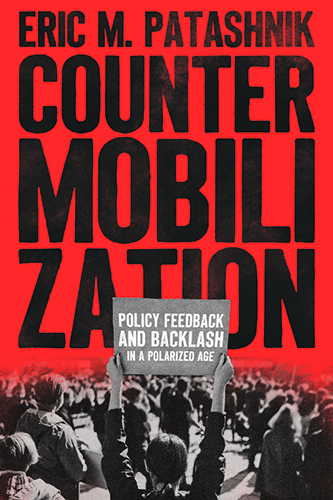
The most successful policies not only solve problems. They also build supportive coalitions. Yet, sometimes, policies trigger backlash and mobilize opposition. Although backlash is not a new phenomenon, today's political landscape is distinguished by the frequency and pervasiveness of backlash in nearly every area of U.S. policymaking, from abortion rights to the Affordable Care Act.
Eric M. Patashnik develops a policy-centered theory of backlash that illuminates how policies stimulate backlashes by imposing losses, overreaching, or challenging existing arrangements to which people are strongly attached. Drawing on case studies of issues from immigration and trade to healthcare and gun control, "Countermobilization" shows that backlash politics is fueled by polarization, cultural shifts and negative feedback from the activist government itself. It also offers crucial insights to help identify and navigate backlash risks.
![]()
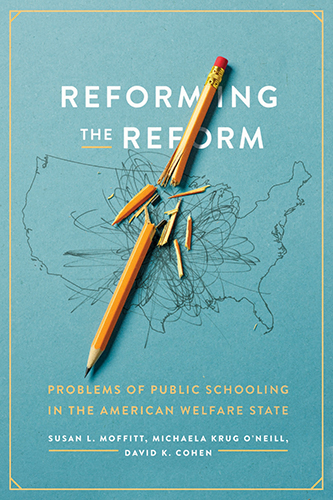
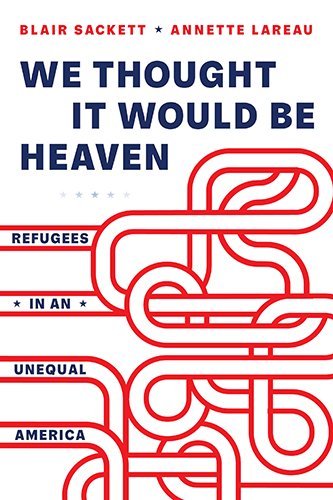

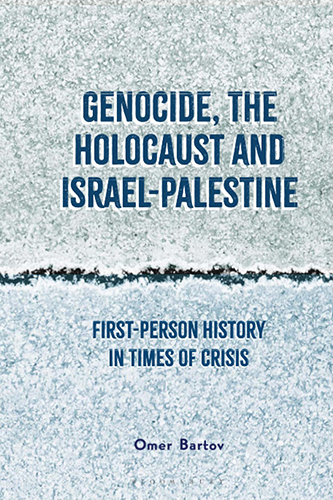
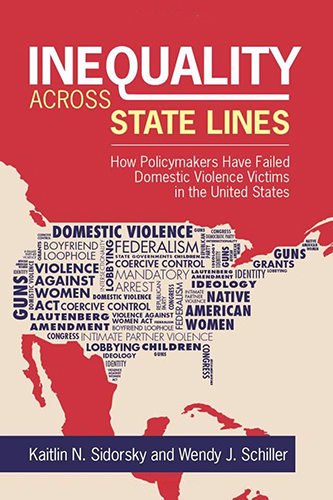
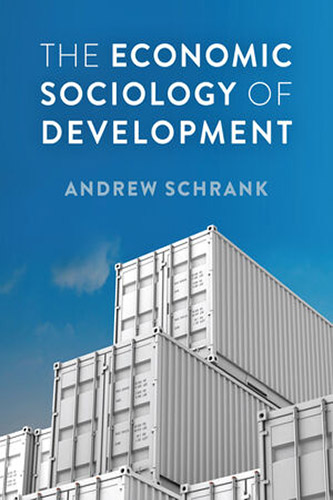
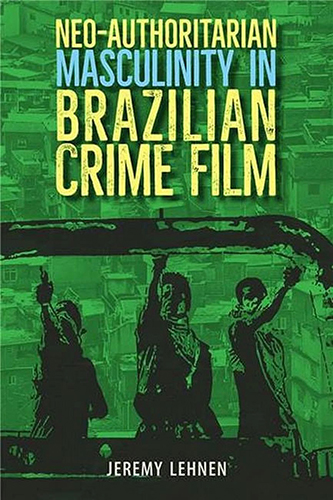 In an incisive analysis of contemporary crime film in Brazil, Lehnen focuses on how movies in this genre represent masculinity and how their messages connect to twenty-first-century sociopolitical issues. Lehnen argues that these films promote an agenda in support of the nation's recent swing toward authoritarianism that culminated in the 2018 election of far-right president Jair Bolsonaro.
In an incisive analysis of contemporary crime film in Brazil, Lehnen focuses on how movies in this genre represent masculinity and how their messages connect to twenty-first-century sociopolitical issues. Lehnen argues that these films promote an agenda in support of the nation's recent swing toward authoritarianism that culminated in the 2018 election of far-right president Jair Bolsonaro.